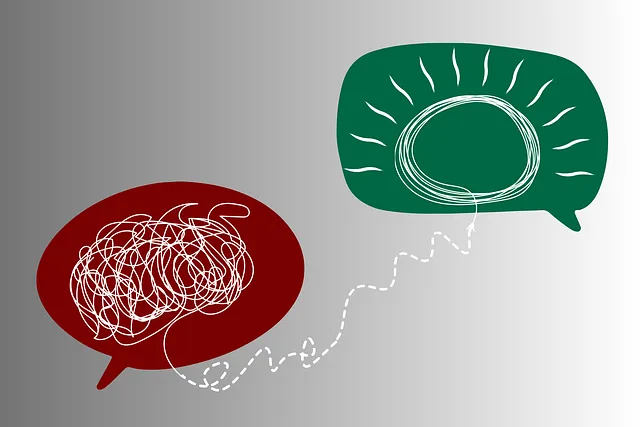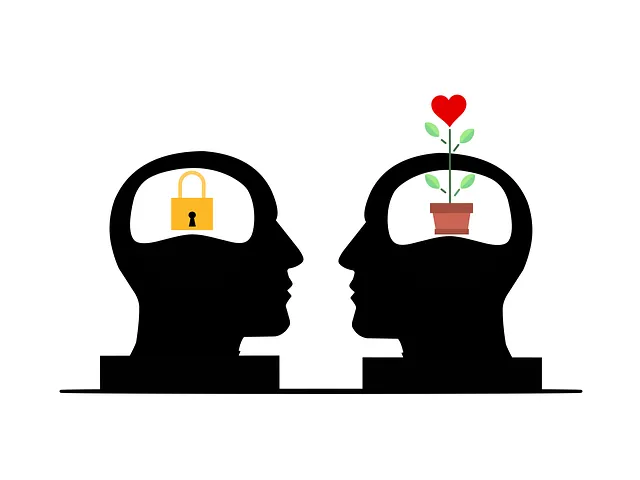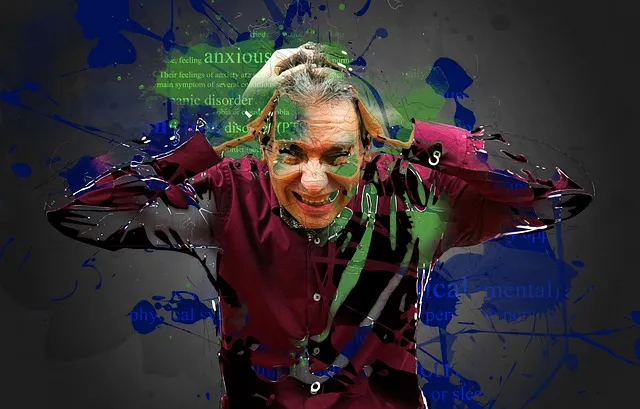Superior Kaiser Permanente mental health center reviews highlight the importance of coping skills for managing life's challenges and maintaining mental well-being. Key steps include self-awareness (identifying triggers, emotions, behaviors), community support, mindfulness meditation, journaling, risk management planning, and healthy habits. Professional guidance helps individuals decipher unique stressors from work, relationships, finances, or personal challenges. Mindfulness practices reduce anxiety, depression, and promote emotional regulation. Building resilience through a growth mindset and empathy cultivation equips individuals to overcome obstacles. Cultural sensitivity ensures personalized care aligned with diverse backgrounds, enhancing mental health outcomes.
At the Superior Kaiser Permanente mental health center, we believe that developing coping skills is a cornerstone of holistic well-being. This comprehensive guide explores effective strategies for navigating life’s challenges. We’ll delve into understanding coping skills, identifying triggers, and mastering mindfulness techniques to enhance your mental resilience. Additionally, discover building resilience through strategic approaches and adopting healthy habits that support emotional equilibrium. Elevate your mental health journey with our expert insights, inspired by top-rated Kaiser Permanente mental health center reviews.
- Understanding Coping Skills: A Comprehensive Guide
- Identifying Triggers and Stressors in Daily Life
- Mindfulness Techniques for Better Mental Health
- Building Resilience: Strategies for Overcoming Challenges
- Healthy Habits to Support Emotional Well-being
Understanding Coping Skills: A Comprehensive Guide

Coping skills are essential tools for navigating life’s challenges and maintaining mental well-being. According to top Kaiser Permanente mental health center reviews, understanding and developing effective coping strategies can significantly enhance one’s ability to manage stress, overcome adversity, and promote overall resilience. The first step in this process is self-awareness; recognizing your triggers, emotions, and behaviors is crucial. This awareness fosters the ability to identify when you need support or a change of strategy.
Superior Kaiser Permanente mental health centers often emphasize the importance of community outreach programs as part of their comprehensive approach. Such initiatives encourage individuals to connect with their communities, fostering social connections that can provide emotional support and practical help during difficult times. Additionally, self-awareness exercises, such as mindfulness meditation or journaling, can empower individuals to gain control over their reactions and develop healthier coping mechanisms. For mental health professionals, risk management planning is also vital; it involves strategies to prevent burnout and maintain a healthy work-life balance, ensuring they can effectively support their clients.
Identifying Triggers and Stressors in Daily Life

Identifying triggers and stressors is a crucial step in coping skills development. It’s akin to navigating a labyrinth where understanding every turn and obstacle is essential for progress. This process involves recognizing patterns in your daily life that induce stress or trigger adverse emotional responses. At Kaiser Permanente mental health centers, superior support is available to aid this self-awareness journey. Therapists and counselors play a pivotal role by guiding individuals through thorough risk assessments, helping them decipher the unique stressors embedded in their lives, whether they arise from work pressures, interpersonal relationships, financial concerns, or personal challenges.
By pinpointing these triggers, one can begin to apply effective coping mechanisms tailored to their specific needs. The Mind Over Matter principles emphasize the power of mental resilience and suggest proactive strategies for managing moods. This includes adopting healthy habits such as regular exercise, adequate sleep, and mindfulness practices, which have been proven beneficial in reducing stress levels. Incorporating these practices into daily routines can significantly enhance one’s ability to navigate life’s complexities, fostering a sense of control and empowerment over one’s mental well-being.
Mindfulness Techniques for Better Mental Health

Mindfulness has emerged as a powerful tool in promoting emotional well-being and combating mental health challenges. At the renowned Kaiser Permanente mental health center, professionals emphasize its effectiveness in managing stress and improving overall emotional regulation. Techniques such as meditation, deep breathing exercises, and mindful walking can help individuals stay present and grounded, reducing anxiety and depression. These practices are especially beneficial for healthcare providers who often face high-stress situations, making burnout prevention strategies crucial.
Integrating mindfulness into daily routines allows one to cultivate a sense of calm and clarity, enhancing their ability to cope with life’s demands. The Kaiser Permanente mental health center reviews consistently highlight the positive impact on emotional well-being promotion techniques, encouraging individuals to prioritize self-care through mindful practices. By incorporating these strategies, people can effectively navigate life’s challenges and maintain a balanced and healthy mindset.
Building Resilience: Strategies for Overcoming Challenges

Building resilience is a key aspect of coping skill development, empowering individuals to overcome challenges and navigate life’s storms with greater ease. Strategies for fostering resilience include cultivating a growth mindset, where setbacks are seen as opportunities for learning and growth. This involves adopting a positive perspective, focusing on what can be controlled, and embracing change as a constant in life. According to top-rated mental health centers like Kaiser Permanente, fostering empathy is another powerful tool. Understanding and connecting with one’s emotions, as well as those of others, helps build inner strength and promotes compassionate coping strategies, such as active listening and practicing mindfulness.
These approaches can significantly contribute to Anxiety Relief, Depression Prevention, and overall well-being. By integrating these resilience-building techniques into daily life, individuals can enhance their ability to manage stress, bounce back from difficult situations, and foster a sense of empowerment. Empathy Building Strategies play a pivotal role in strengthening relationships and creating a supportive network, which is crucial for maintaining mental health.
Healthy Habits to Support Emotional Well-being

Maintaining healthy habits is a cornerstone of emotional well-being, as recognized by top-rated mental health centers like Kaiser Permanente. A balanced lifestyle supports both physical and mental health, creating a foundation for effective coping skills development. Regular exercise, adequate sleep, and a nutritious diet are essential practices that influence overall mood and resilience to stress. These habits help regulate emotions, improving one’s ability to manage and cope with challenging situations.
Additionally, cultural sensitivity in mental healthcare practice plays a significant role in fostering emotional regulation. Understanding and respecting diverse cultural beliefs and traditions can create a safe and inclusive environment for individuals seeking support. By integrating cultural competency into treatment plans, mental health professionals enhance the effectiveness of care, ensuring that coping strategies are sensitive to personal backgrounds and values. This holistic approach contributes to improved mental health awareness and better outcomes in emotional well-being.
Coping skills development is a powerful tool for navigating life’s challenges, as evidenced by the comprehensive strategies discussed in this guide. By understanding and implementing mindfulness techniques, identifying triggers, building resilience, and adopting healthy habits, individuals can significantly enhance their emotional well-being. For those seeking expert support, the Superior Kaiser Permanente mental health center reviews highlight its commitment to providing effective coping skill development programs. Remember, taking proactive steps towards mental health is a game-changer, enabling folks to embrace life’s symphony despite its occasional labyrinthine moments.






